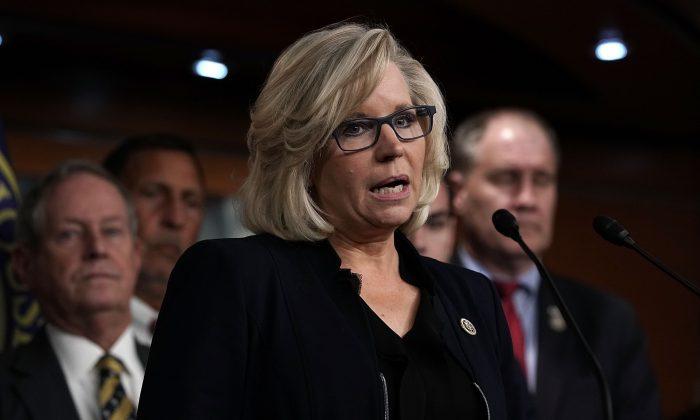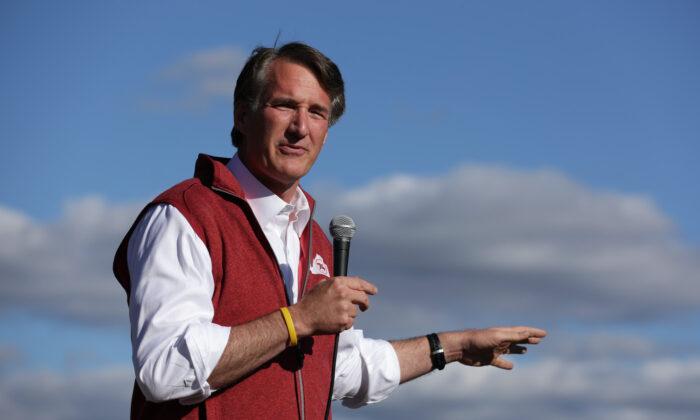Rep. Liz Cheney (R-Wyo.), said Tuesday that the United States won’t return to a functioning economy if hospitals are overrun with patients who have contracted the CCP virus.
Cheney’s comments come as the White House wrestles with how soon local economies throughout the United States should be allowed to resume normal enterprise, or if returning to “normal” would create a collapse of the medical system.
“That may not be enough if we have a situation where we really have a lot of cases,” he said.
According to the CDC, out of the daily confirmed cases of the CCP virus, 12 percent need to be hospitalized. Hospital capacity in urban centers will likely be over-burdened, given the dense populations and growing rate of infections.
Given the percentage of CCP virus cases that will need to be hospitalized, the threat to the healthcare system in urban centers poses a great challenge. For this reason New York Gov. Andrew Cuomo has called on the federal government to augment the city’s healthcare system.
But even with the Comfort and its 1,000 beds, New York may still struggle under the weight of the number of patients.
Authorities nationwide are taking major steps to expand capacity, building tents and outfitting unused spaces to house patients. They also are urging people to postpone elective surgeries, dental work, and veterinarian care. Cuomo has called for using military bases or college dorms as makeshift care centers.
Among the biggest concerns is whether there will be enough beds, equipment, and staff to handle several large outbreaks simultaneously in multiple cities.
Fauci said it’s critical that steps be taken now to prevent the virus from spreading quickly.
“The job is to put a full-court press on not allowing the worst-case scenario to occur,” he said.
While Fauci does not expect massive outbreaks in the United States like in Italy, he said there is the possibility that an overwhelming influx of patients could lead to a lack of supplies including ventilators.
“And that’s when you’re going to have to make some very tough decisions,” Fauci said.





